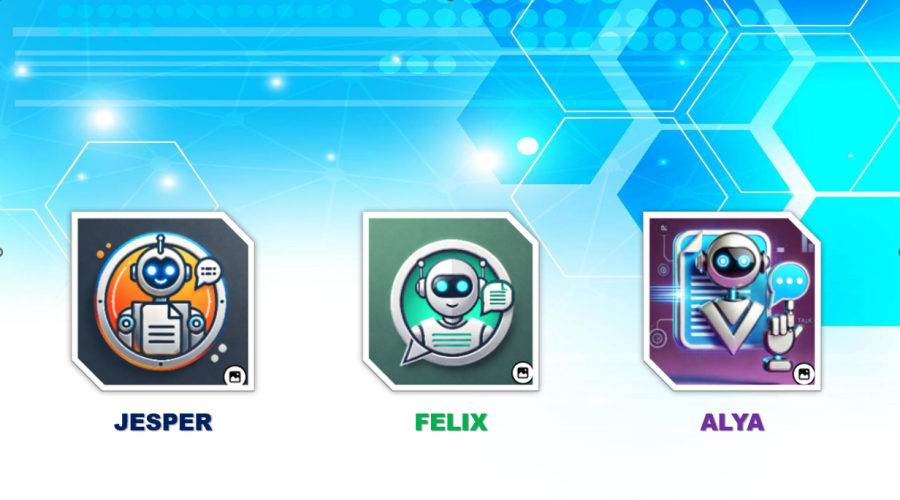
The NATO Quality Assurance (QA) Course (S7-137), delivered by NATO School Oberammergau, has embraced innovation, integrating AI technology into its educational framework to enhance learning experiences. Meet Jasper, Felix, and Alya: three intelligent chatbot assistants designed to guide students through practical exercises during the course. Built using a low-code platform (Open WebUI) and a cost-efficient AI model, GPT-4o-mini, these chatbots represent the transformative potential of AI in education and training. The course applies all the three components described in the Learn-Watch-Ask training model.
The intended purpose
Each chatbot is tailored for specific practical tasks aligned with the first three days of the course. These tasks are independently structured to focus on critical course objectives, making sure that students receive targeted, task-relevant support. By using Retrieval-Augmented Generation (RAG) from a knowledge base with course materials, Jasper, Felix, and Alya provide details and solutions that help students complete their assignments efficiently and effectively.
The technology used
The chatbots are powered by GPT-4o-mini, an advanced yet cost-effective language model. This model stands out in processing large volumes of data, generating contextual responses, and facilitating interactive learning. By incorporating RAG, the chatbots dynamically retrieve relevant information from the uploaded course documents, ensuring accurate assistance when needed.
Students benefits
These AI-powered assistants are designed not only to simplify the learning process but also to enhance the understanding of QA concepts applied in real-world scenarios. The benefits for students include:
Increased creativity: Jasper, Felix, and Alya encourage students to explore creative problem-solving approaches by providing diverse perspectives on how to solve the assignments received.
Time efficiency: With quick and precise responses, the chatbots minimize the time needed to process and apply information, allowing students to focus more on decision-making and practical application.
AI literacy: By interacting with these AI assistants, students gain firsthand experience in effectively taking advantage on the AI tools, a skill increasingly important for modern QA managers.
The human factor: validation and oversight
While these chatbots provide powerful support, they are still not a replacement for human judgment. The concept of "human in the loop" is essential to their use. Students are required to critically evaluate the outputs generated by the AI, validating accuracy and relevance to avoid potential AI hallucinations. This dual approach ensures that the final deliverables align with the highest standards of quality and accountability.
A game changer for delivery of education and training
Jasper, Felix, and Alya exemplify how AI can improve education and training processes. Properly integrated, these tools enhance productivity, encourage deeper interaction with the learning materials, and prepare students for real-world challenges in quality management. By demonstrating the potential of AI in education, the NATO QA Course sets an example for modern, efficient training environments across the Alliance.
Incorporating these chatbots into the course not only reinforces the importance of digital transformation but also reflects NATO's commitment to innovative, high-quality education. With Jasper, Felix, and Alya by their side, students are set up for success. These chatbots make learning easier and give students a glimpse into how AI can shape the future of QA in today’s digital world.
Author: MAJ Radu BALANESCU

Comments
So excited to try soon.!
What about us?
Yes, you can!
In reply to What about us? by NSFACoE_Educat…
Thanks Radu!!!
In reply to Yes, you can! by Administrator
This is innovation.
That's it. Great news.